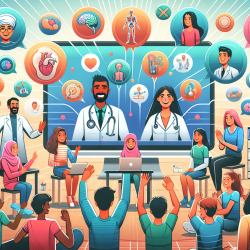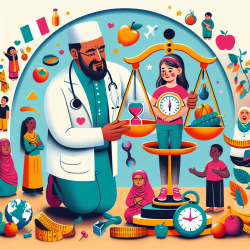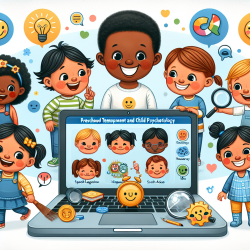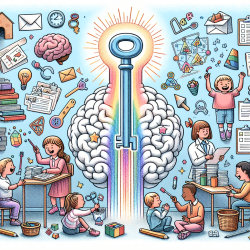Understanding the Impact of Political Divides on Academic Practices
In the realm of speech-language pathology, practitioners often focus on data-driven decisions to enhance child outcomes. However, understanding the broader academic environment, including political divides, can provide valuable insights into professional practices. A recent study, "Trump Divide Among American Conservative Professors," sheds light on how political affiliations influence academic networks and productivity, offering lessons that can be applied across various fields, including ours.
Key Findings from the Research
The study compares 102 Trump-supporting conservative professors with 80 conservative professors who oppose Trump. It highlights significant differences in their academic affiliations, scholarly productivity, and network connections. The Trump-supporting professors tend to cluster around ideologically conservative think tanks, while their counterparts are more distributed across a range of academic and professional associations.
Lessons for Speech-Language Pathology Practitioners
Although the study focuses on political sociology, it offers insights that can be applied to speech-language pathology:
- Networking and Collaboration: Just as political affiliations influence academic networks, practitioners can benefit from diverse professional collaborations. Engaging with a variety of professional associations can enhance learning and innovation.
- Scholarly Productivity: The study underscores the importance of scholarly productivity. For practitioners, this translates to staying updated with the latest research and contributing to the field through publications and presentations.
- Adaptability and Openness: The polarization observed in the study suggests the value of adaptability. Practitioners should remain open to diverse perspectives and methodologies, fostering a more inclusive approach to therapy.
Encouraging Further Research
The study's field analytical perspective, inspired by Bourdieu, offers a framework for understanding how academic and political identities intersect. Speech-language pathologists can adopt similar frameworks to explore how their professional identities and networks influence practice and outcomes.
For practitioners interested in delving deeper into the study's findings, further research can be conducted on how political and academic affiliations impact educational and therapeutic environments. Understanding these dynamics can lead to more effective interventions and improved child outcomes.
To read the original research paper, please follow this link: Trump divide among American conservative professors.










